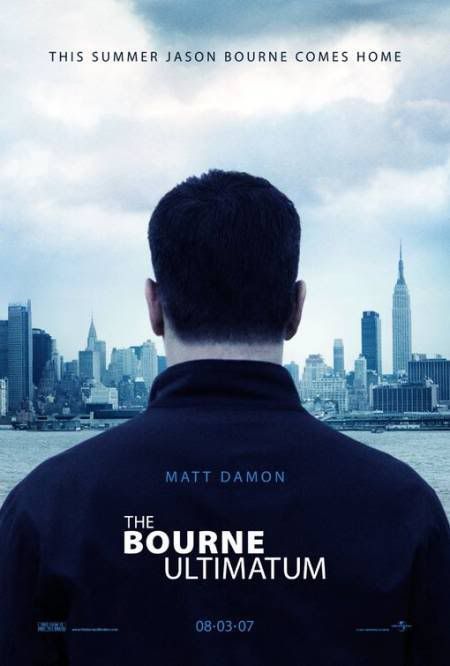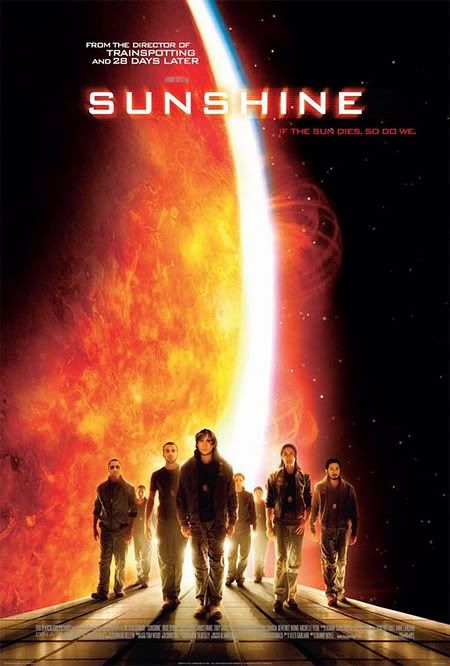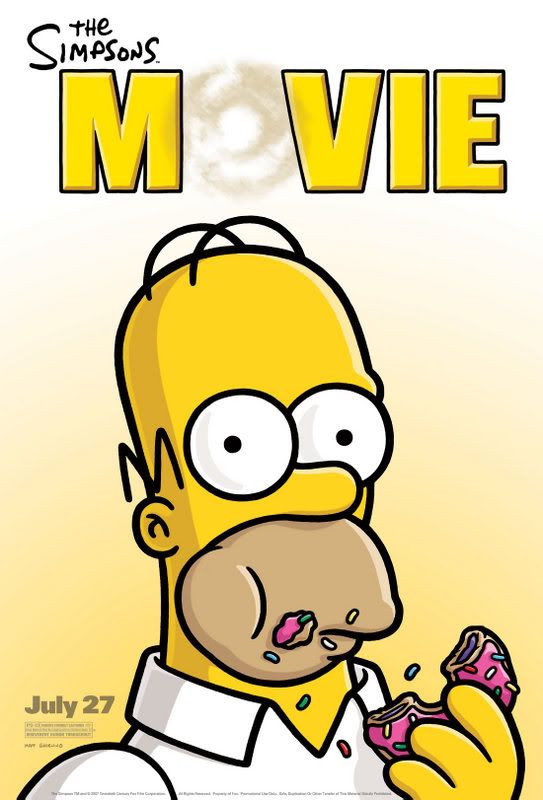
Jason Bourne has always seemed like an invincible character. He’s smart; he makes his way out of impossible situations and is highly skilled at slim escapes. So it’s ironic that the movie begins with an injured Jason Bourne trying to escape the Russian police. The fact that this movie second-guesses the audience right at the beginning is a good omen. We thought we’ve seen everything Bourne was capable of in the first two films, but this movie ditches out far more.
More action heavy than the last film, Bourne is retracing his steps and trying to figure out who he is and why he’s such an efficient tactician. During the search for his past, Bourne races against his enemies to find information about the program that created him and the people behind it.
“The Bourne Ultimatum” pulls out all the stops. Never have we seen Jason Bourne so quick and clever. For those who have seen the first two films, you know that’s saying a lot. His enemies feel more dangerous than ever and the questions we’ve all had about Bourne come full circle.
Director Paul Greengrass, who also directed the previous film, knows how to make everyone and everything look dangerous. The result is often a great deal of tension and suspense. As we see Bourne succeed in surviving, we also see him fail important tasks that makes the audience doubt Bourne just enough to keep things interesting. (What fun is a hero without flaws after all?)
David Strathairn provides us with the most despicable villain yet. Treadstone has now decided to killing Bourne on sight, whenever the chance given to them, is their best option. This also includes everyone who Bourne communicates with, innocent or not. This move provides Bourne with even more obstacles to get through. That's essentially what the movie is—Jason trying to plow through one situation after another.
One of these situations is, of course the mandatory car chase. In “The Bourne Identity” we got a fun car chase that was better than it should have been with such a wimpy car. And in “The Bourne Supremacy” we’re given quite possibly one of the greatest car chases in decades. With “Ultimatum” I feel that Greengrass decided it would be too hard to top the previous film, so instead of a car chase we get more of a car brawl. Jason takes control of a New York police car and intentionally rams the vehicle in to others more times than I could follow. It’s as fun as the previous films’ car scenes, but it offers more car crunching than car chasing.
If there’s anything to distract from the quality of this film it’s the massive camera shaking. Like Michael Bay, Greengrass is in desperate need of a tripod. The whole movie is filmed like a 97-year-old man is holding the camera. Yes, this is the style of these films, but it seems to have become progressively worse with each one. There’s no need to shake the camera dramatically while two characters are having lunch.
Julie Stiles’ character gets a bit more action in this movie as well, including hints of her past relationship with Bourne. She just vaguely mentions this and nothing more is established. I kept expecting more, but it didn’t happen. I really wished there was more elaboration on their past.
Regardless of these drawbacks, the film doesn’t let up on adrenaline and it ends really well. The final twenty minutes are particularly good and the tail end couldn’t have been more fitting. Truly this movie has my favorite ending of the films I’ve seen this year. It felt original, it felt cool and it felt like a fitting conclusion to a consistently good set of films. Espionage action has never looked this good on film.
*** out of ****




